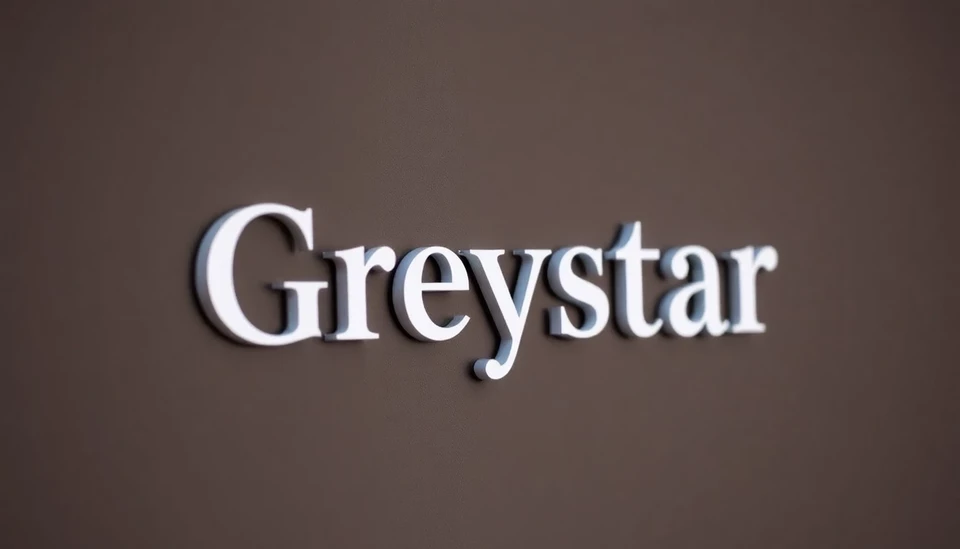
In a significant move that could impact the real estate rental industry, Greystar Real Estate Partners is set to engage in legal battles following a lawsuit filed by the Federal Trade Commission (FTC). This lawsuit stems from allegations that Greystar misrepresented various fees associated with rental properties managed by the company, which the FTC claims could potentially mislead prospective tenants.
The complaint specifically accuses Greystar of employing misleading advertising techniques that obscure the true costs of renting a property. According to the FTC, the company has been advertising rental rates that do not accurately reflect the total financial obligations tenants would incur, effectively turning prospective renters into victims of unexpected financial burdens. The lawsuit comes amid growing scrutiny of rental practices as many consumers face increasing housing costs and a tight rental market.
The FTC's actions are part of a broader effort to address deceptive practices within the rental sector, which has been under close watch by regulators. In recent years, rental markets across the United States have witnessed dramatic changes, leading to rising concerns about transparency and fairness in rental agreements.
Greystar, one of the largest multifamily property owners in the country, has often been criticized for its rental pricing strategies. The company's model allows them to manage thousands of units, putting them in a unique position within the real estate market. The FTC's lawsuit draws attention to their business practices and seeks to hold them accountable for what is perceived as manipulation of the rental process.
In response to the allegations, Greystar has expressed its intention to contest the claims. The company argues that it has maintained transparent communication regarding rental fees and believes that its practices align with industry standards. Greystar further emphasized the importance of clear and honest interactions with prospective renters and insists that it is committed to providing accurate information.
The legal proceedings are expected to unfold over the coming months, and experts suggest that the Federal Trade Commission may push for significant penalties if Greystar is found to have engaged in deceptive practices. This case could set a precedent for how rental companies are allowed to advertise and disclose fees, potentially leading to stricter regulations in the industry.
As the FTC continues to investigate Greystar, renters are urged to remain vigilant and informed about the fees associated with rental listings. Consumers are growing increasingly aware of their rights in the housing market, and this lawsuit serves as a stark reminder of the importance of transparency and ethical practices within the rental industry.
This case not only highlights the issues within one of the largest rental management companies but raises overall awareness regarding rental practices that can detrimentally affect tenants. As the rental landscape continues to evolve, the outcome of this lawsuit could significantly impact both the company and renters nationwide.
As the situation develops, tenants, landlords, and industry watchful eyes will be closely monitoring the proceedings, reflecting the ongoing discourse about the dynamics of the rental market.
#Greystar #FTCLawsuit #RentalFees #HousingMarket #TenantRights #RealEstateEthics
Author: Samuel Brooks




